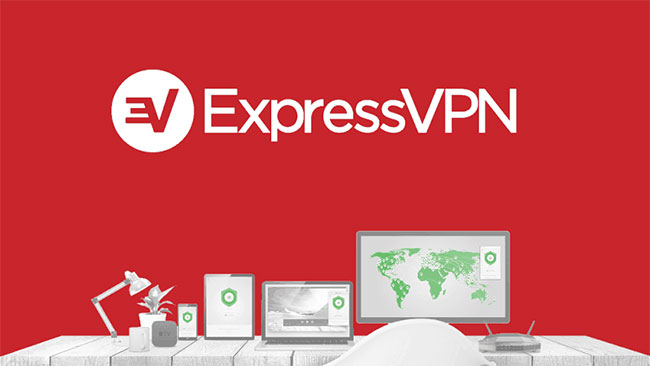What is OpenVPN? OpenVPN client does the best
What is OpenVPN encryption?
OpenVPN is an open source virtual private network (VPN) encryption protocol. It is industry-wide recognized as the most secure virtual private network (VPN) encryption protocol.
OpenVPN is highly customizable and can be deployed in a variety of ways. OpenVPN encoding consists of a data channel and a control channel. The control channel is there to handle the exchange of keys, while the data channel encrypts the web traffic of the VPN users.

The components of OpenVPN
Despite being the most secure encryption protocol, OpenVPN still relies on certain important factors, and unless the VPN gets all the key elements of the protocol, otherwise, the security of the entire interface. encryption protocol will be affected. These ingredients are as follows:
- Password - Password is the algorithm that VPN uses to encrypt data. The encryption is only as strong as the password that the VPN protocol uses. The most common ciphers that VPN providers use are AES and Blowfish.
- Channels encoding - OpenVPN uses two channels as data and control channels. The components for each channel are as follows:
+ Channel of data = Password + Authentication hash.
Control channel = Encryption + TLS handshake encryption + hash authentication + whether Perfect Forward Secrecy is used or not (and how).
- Encryption handshake - This is used to secure key exchange TLS. RSA is commonly used, but DHE or ECDH can be used instead and also provides PFS.
- Authentication Hash - This uses a cryptographic hash function to verify that the data has not been tampered with. In OpenVPN, it is usually done using HMAC SHA, but if AES-GCM encryption is being used (instead of AES-CBC) then GCM can provide alternative hash authentication.
- Perfect Forward Secrecy - PFS is a system in which a private encryption key is generated for every single session. This means that each Transport Layer Security (TLS) session has its own set of keys. They are used only once and then disappear.
Recommended minimum settings for OpenVPN connections are:
- Data channel : AES-128-CBC encryption with HMAC SHA1 authenticated. If using AES-GCM encryption, no additional authentication is required.
- Channel Control : Encryption AES-128-CBC with RSA-2048 encryption handshake or ECDH-385 and validate HMAC SHA1 hash. Any DHE or ECDH key exchange process can provide Perfect Forward Secrecy.
Why is OpenVPN the most secure VPN protocol?
There are several VPN encryption protocols out there. These include the following:
Point-to-Point Tunneling Protocol (PP2P) - currently considered outdated and insecure
Layer 2 Tunneling Protocol (L2TP)
Internet Protocol Security (IPsec). This is an authentication protocol that needs to be paired with a suite of tunneling tools for VPN encryption purposes. IPsec is usually combined with L2TP to create L2TP / IPsec or with IKEv2 to create IKEv2 / IPsec. It is worth noting that this commonly used authentication method cannot exist on its own without being paired with the tunneling toolkit. Also, L2TP / IPsec is secure enough for almost anything, but Snowden documents show it can be cracked by the NSA.
- Secure Socket Tunneling Protocol (SSTP)
- Internet Key Exchange version 2 (IKEv2)
All of the above mentioned protocols are secure (apart from PPTP, which should be avoided for security purposes). However, they can't match the privacy that VPN encryption protocols (OpenVPN) provide.
OpenVPN's security and streaming capabilities - especially if you use OpenVPN UDP - take the top spot, but keep in mind that it's usually the slowest VPN protocol out of the box.
However, OpenVPN has been shown to be secure, meaning it cannot be compromised by anyone trying to snoop on your data.
The best OpenVPN clients
Here's a quick look at the best OpenVPN clients available today.

1. ExpressVPN - The best OpenVPN client. It has a large network of high-speed servers to keep you secure at home and on the go with great applications.
2. NordVPN - Value for money and has a super secure OpenVPN client. It also has servers that support P2P and port forwarding.
3. PrivateVPN - Cheapest VPN service with OpenVPN encryption on app for all popular devices and no logging policy.
4. IPVanish - A fast server that lets you stream, download or do other great tasks without slowing you down.
5. VPNArea - The most secure service on the list. Non-logging policy and DNS leak protection allow you to browse the web anonymously.